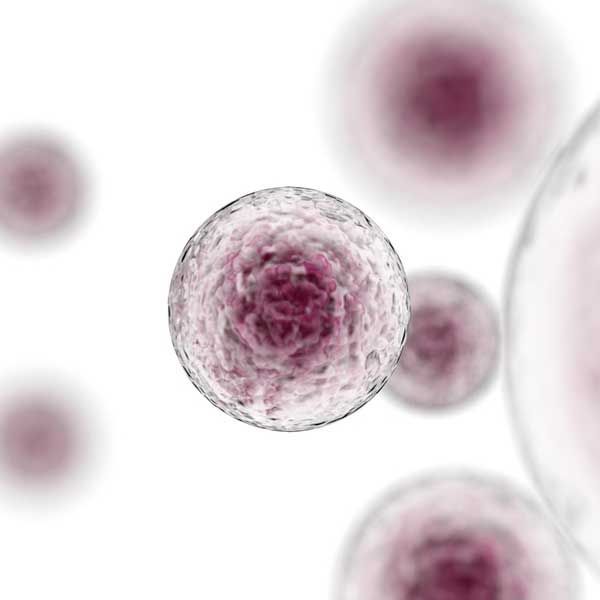

EXOSOMES FOR BRAIN HEALTH
WHAT ARE EXOSOMES?
Exosomes are nanoparticles that come from mesenchymal stem cells and carry intracellular messages to regulate regenerative processes such as stopping inflammation and stimulating tissue repair. They may be the holy grail of anti-aging and restorative therapeutics, as well as the basis for future biologic pharmaceuticals. Numerous therapeutic applications of exosomes are being investigated, ranging from cancer detection and treatment to hair restoration and wrinkle reduction. One of the most exciting developments is the use of exosomes in preventing age-related cognitive and fitness decline and neurodegeneration.


THE BENEFITS OF EXOSOMES FOR BRAIN HEALTH
Because they are nanoparticles, exosomes pass through the blood-brain barrier into the cerebrospinal fluid. Clinical researchers, including Dr. Oberg, are excited. We are collaborating with some of the leading scientists in the country by being a research site where patients can qualify to be participants in experimental neuro-regeneration and longevity studies using exosomes. For example, neurologist Sheldon Jordan, MD clinical trials with exosomes treat conditions from Parkinson’s to neuropathic pain syndromes. The Young Blood Institute filters out the bad stuff and infuses the good study (the exosomes). Dr. Oberg’s own longitudinal study results include regained motor control in quadriplegics, resolution of neurologic symptoms associated with long-haul Covid, and symptoms of anti-aging such as reversal of BPH. Results thus far look promising, and at VitaLab in La Jolla Exosomes For Brain Health is much less invasive than many treatment options.
EXOSOME TREATMENT
If you qualify for one of the studies using Exosomes For Brain Health La Jolla patients have some steps that they may wish to take prior to starting exosome therapy. The best responses occur when the person has taken a few weeks to optimize the body’s healing environment (healthy lifestyle, pre-treatment with IV micronutrients, anti-inflammatory diet, etc.).
Your preparation protocol can be personalized during an appointment and any necessary pre-exosome treatments will be scheduled. Exosomes For Brain Health can be administered topically or intravenously. For qualified participants, cognitive treatments are usually administered monthly. Six treatments are common, but many people stay enrolled in the study indefinitely to continue contributing to science and to stay ahead of inevitable aging.
RECOVERY
Following Exosomes For Brain Health infusions, responses vary. Some people feel euphoric or very energetic the same day. Others experience a few days of fatigue or myalgia before realizing aches and pains are gone and vitality is improving. Some people appreciate improved sleep, lessening of grey hair and wrinkles, and improved vitality over several treatments. Sensitive individuals may wish to take a dose of Benadryl before treatment.

SCHEDULE YOUR APPOINTMENT
For more information regarding enrolling in our research studies of exosome therapy to improve brain health, contact VitaLab in La Jolla, CA today. To begin you will meet with a study clinician who will determine if you meet eligibility criteria and are a good candidate.
RECENT BLOGS AND NEWS

Meditation For Brain Health
In our modern lives, there are many distractions which can easily mask problems like stress and mental illness. But through treatment like meditation, you…

The Benefits of Exosomes
Have you ever heard of exosomes? Exosome therapy is a new and exciting field in regenerative medicine that can help your body’s cells regenerate,…
